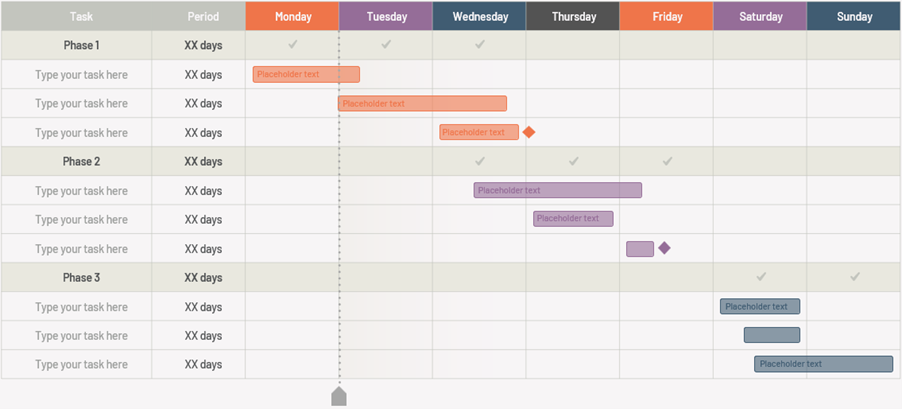Is freelancing the road to success
For Web Developers

For Web Developers

A freelancer is an individual who works for themselves rather than for an employer.
They are self-employed and are not committed to a particular employer long-term.
Freelancers are often hired for a specific project or task.
They are not considered employees of the company they are working for.
Freelancers don’t have an employer, responsible for their success and
must find work for themselves. Thus, freelancers don’t benefit from employment
rights and are responsible for related taxes.
Successful freelancers might receive many project requests, choose what projects
they would like to work on, and opt to work on many projects simultaneously.
Typically, freelancers work from home, although some may opt to rent a studio
or office space.

Communicating with clients about project needs, such as deadlines, supplies,
and content is helpful for freelancers. Excellent verbal and written communication
abilities ensure accurate work and can raise a project’s general quality.
Listening is a big part of communication. The ability to listen to clients,
adapt a non-technical brief to their requirements and desires, and create a
project that will also function in practice.
Communicating clients’ expectations and being honest if their ideals are improbable.
For any freelancer, marketing is crucial since, without it, it’s doubtful that businesses and clients would find them. Even if a freelancer is an ideal person for their project, they will struggle to be successful if no one ever sees them.
As freelancers could be working on multiple projects at once, having project
management skills and the ability to manage various projects is essential.
The Gantt chart and Critical Path Method (CPM) diagrams can be helpful.
A week diagram of a Gantt Chart example image:
 There are online tools to help with this, such as
Monday.com,
TickTick,
Notion, and much more available on the market.
There are online tools to help with this, such as
Monday.com,
TickTick,
Notion, and much more available on the market.
Creativity is crucial for Web developers, and it becomes even more essential
if you are a freelancer. You might not have coworkers with whom to share ideas.
They may need to think of innovative strategies to enliven their client’s vision.
Freelance Web developers are required to stay current with industry standards for the Web,
such as those set by organisations like the
World Wide Web Consortium (W3C).
As freelancers don’t have an employer to assist them.
Since new Web technologies are constantly being released, they must adapt to the industry
or risk falling behind.
Freelancers need to consider security, so having good knowledge of security issues is essential.
Cisin goes over 10 security issues, Web developers need to be aware of when developing applications.
There are only a small portion of developers worldwide,
Askwonder.com, has done the research and estimates show that only 7%
of developers are freelancers. Although many dream of being a freelancer,
the reality of it might mean the drawbacks outweigh the benefits.
Some of the drawbacks include:
Needing to keep money aside to pay taxes and even consider retirement plans.
If a freelancer hasn’t budgeted correctly or miscalculated, they could get into issues
come the end of the tax year.
Work might not always be there, and they may find that for some months,
they may struggle financially as working for a company, they would have a regular income.
Staying motivated to work on projects, lack of motivation may mean you don’t take on new
projects and miss out on opportunities to take on work.
Taking on too much if they take on too many projects, they could burn themselves out.
Freelancers don’t have a set working schedule and could work countless hours more than
someone that works a full-time contract.
Freelancing is a lot of people’s dreams, and some find that the benefits outweigh the disadvantages.
Some of these include:
Don’t fancy the 9-5 working week? Freelancers can set their own schedules and choose
when and how they would like to work. Freelancing could allow you to travel the world
and still work wherever you go.
Choosing what projects you work on, you can select various projects,
working on and improving different skill sets or choose projects that you
love and play to your strengths.
Becoming a freelancer takes a lot of hard work and dedication.
Once you have the skills required to be a Web developer. Built a portfolio website.
You can see my blog,
Creating an Online Presence.
Set up legal documents, and have the equipment you need.
It’s time you start selling and advertising yourself!
Where to start could depend on if you specialise in a particular field.
Creating websites for Estate Agents, Law Firms, E-commerce or High Street shops,
like bakeries, craft stores and hairdressers.
You could start getting the word out locally and talk to friends and relatives.
If you have a favourite craft store and notice they don’t have a great website or my
personal dislike is when companies rely on Facebook as their home page. Why not talk
to them and find out if they have considered that not everyone has a Facebook account.
Their potential customers must have a Facebook account to see all their valuable content.
Use websites to advertise yourself on like:
⬡Freelancer.co.uk
⬡Peopleperhour.com
⬡Fiverr.com
⬡Guru.com
⬡Toptal.com
⬡Dribbble.com
⬡Upwork.com
I would recommend that a Web developer only becomes a freelancer with a few years of experience
in the creative industries. Having built up knowledge of professionalism, industry standards
and security concerns, and a repuation and projects that could be used in portfolio pieces.
Working for a company and working as a freelancer on the side could give you the best of both worlds.
While this may be a slower approach, it gives you time to build up an excellent reputation to become successful.
Having a regular income simultaneously takes the financial stress away. It will allow you to put effort
and creativity into your work.